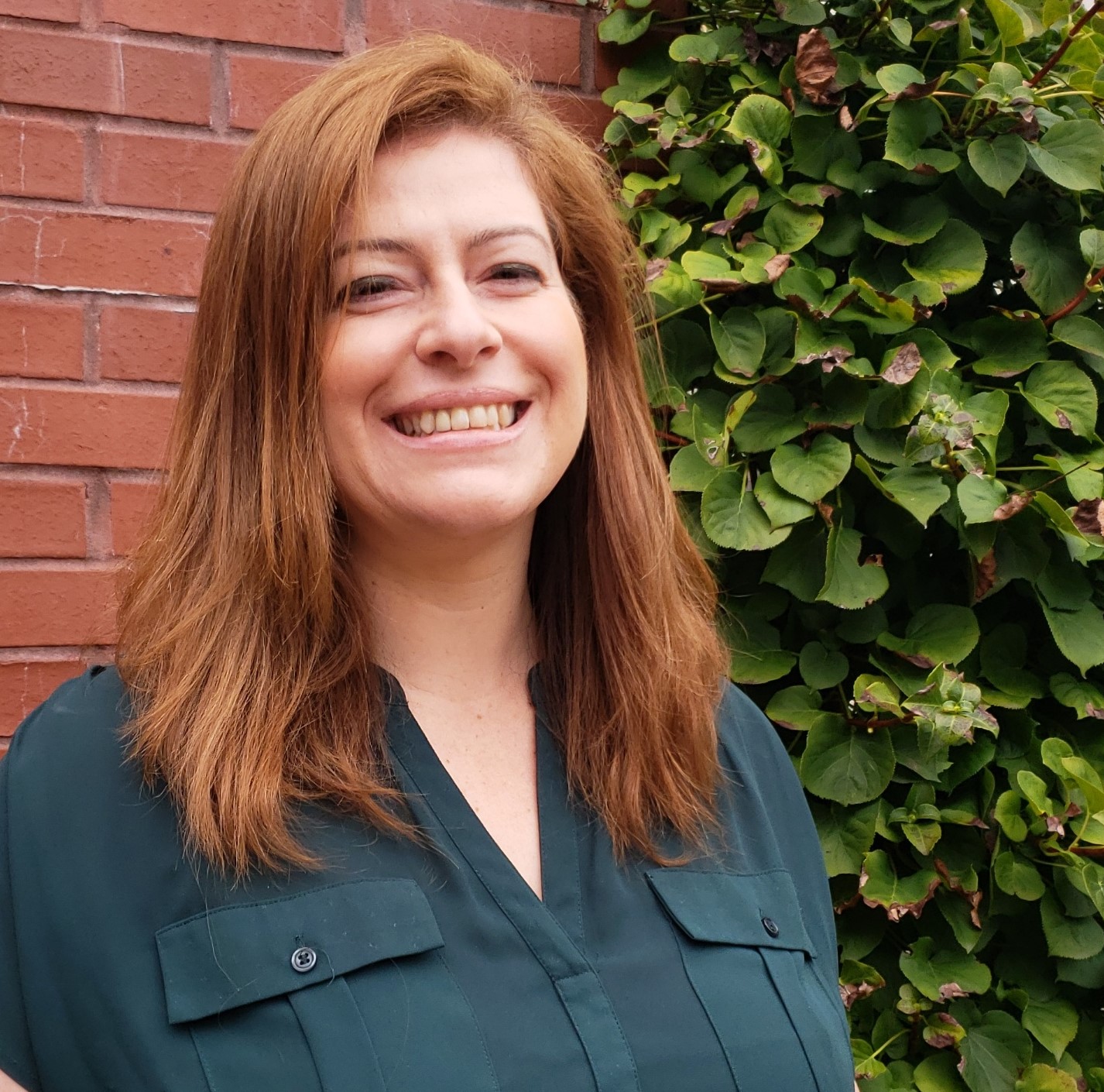By: Melissa Hladek, PhD, CRNP, FNP-BC
I first met Dr. Kate Lorig in person—after talking and e-mailing for over a year—in the cafeteria at the National Institutes of Health. She was there giving a lecture as part of the National Institute for Nursing Research Director’s series.

We sat at a beige breakfast table. I was so excited to meet her! And why wouldn’t I be? Dr. Lorig is a powerhouse of a researcher—her work developing and disseminating the Chronic Disease Self-Management Program is remarkable. The six week self-management program she developed builds participants’ confidence in their ability to manage their health and maintain active and fulfilling lives. It has been found to reduce:
- Hospital admissions;
- Hospital length of stay;
- Outpatient visit frequency; and
- General healthcare utilization and spending.
Her recipe for a successful intervention is clear: simple content messages coupled with a large dose of self-efficacy based process-learning to brainstorm, solve problems, and break the cycle of symptoms and pain. Her intervention incorporates lots of participation from the lay and clinician leadership and the participants themselves. The training manual has been translated into more than 12 languages and the workshop is offered all over the world.
So here I was with a living legend, enjoying my breakfast burrito and talking about self-efficacy. Hit me, I was in heaven! Yet what surprised me was her warmth and how she welcomed me into her world. Since that meeting, I have had the pleasure of continuing our relationship.
I once asked her, “What is the main point of your research?”
She responded, “To improve the lives of people with chronic conditions and caregivers in a way that can be implemented.” And she has. And her influence reaches far beyond our U.S. border.
Dr. Kate Lorig speaks Spanish and spent her first professional years as a community health nurse traveling the world to consult on maternal and child health issues. She went back to school for a PhD in public health at UC Berkeley and embarked on a research career at Stanford University, where she worked with people like Albert Bandura, author of self-efficacy and social cognitive theory. She has consulted with multiple government and non-government agencies, in the U.S. and abroad, with the goal of improving quality of life in all social and environmental contexts.
Presented by the PROMOTE Center, the Johns Hopkins School of Nursing has the enormous pleasure of hosting Dr. Lorig Thursday, October 31 for her talk, “Self-Management: Making Resilience Happen from R01 to Dissemination.”
Self-Management: Making Resilience Happen from R01 to Dissemination
Kate Lorig, DrPH
October 31, 2019
1:15 p.m.
Carpenter Room
Learn more:
- We travel together. Viajamos juntos.
- Advancing the Science of Resilience
- The Caregiver’s Mental Health is Important Too
ABOUT THE AUTHOR:

Melissa Hladek PhD, CRNP, FNP-BC is an assistant professor who earned her PhD from the Johns Hopkins School of Nursing in 2018 and her FNP from Columbia University in 2004. She examines the association of stress, resilience, and self-efficacy on the biology of aging.
